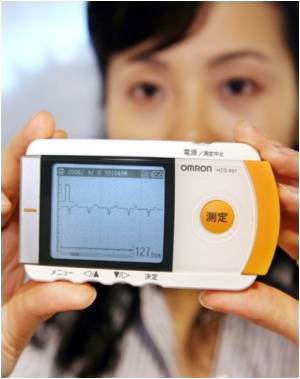
"We know that 70 percent of heart attacks are caused by unstable plaque, so what we really need for our patients is a way to identify the plaque that turns evil and puts them at jeopardy," said cardiologist Birgit Kantor, study's lead researcher.
"We think it is possible, based on these findings, to use iron as a natural marker for risk," she said.
Mayo Clinic researchers believe that the amount of iron in the plaque can be seen as'readout' of prior hemorrhagic, or bleeding, events that put a person at risk for plaque eruption.
To conduct the study, researchers used samples from a unique Mayo Clinic biobank of heart arteries collected over time from autopsies of 400 patients who died from a suspected heart attack. Small sections (1-1.5 inches) from the three main coronary arteries of each patient have been preserved.
Yu Liu, the study's first author, applied a stain to the samples to detect iron content. She found iron content in the unstable plaque group was significantly higher than in the other groups. Iron was absent in normal arteries.
Advertisement
"There was a high correlation between the vulnerability of the plaque and the quantity of iron in it," said Kantor.
Advertisement
Source-ANI














